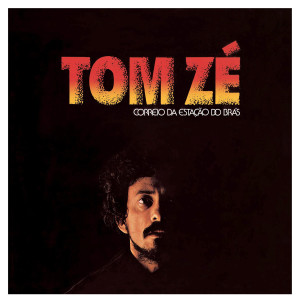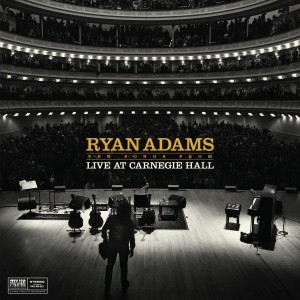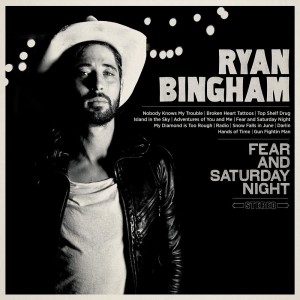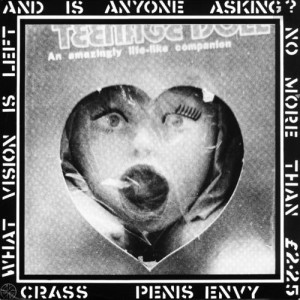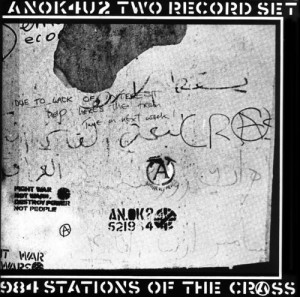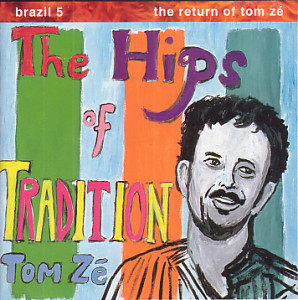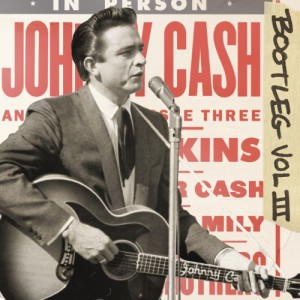Tom Zé – Correio da Estação do Brás Continental 1-01-404-177 (1978)
Tom Zé was one of the most explicitly political of all the Brazilian Tropicalistas. Later in his career he would call his music imprensa cantada (“sung journalism”). But his early musical efforts found him associated with the CPC (Centro Popular de Cultura), which was part of the left-wing National Students’ Union that was in turn linked to the Brazilian communist party. This was during the time before socialist President João Goulart was ousted in a U.S.-backed, right-wing military coup. As Christopher Dunn has commented, “Zé’s songs often reminded listeners of deep class inequalities and forms of social exclusion in the sprawling metropolis.” There was a dogged tendency for his music to mock powerful elites and their culture, revealing their hypocrisies and contradictions. Like others who were a part of the tropicalismo movement, he utilized cultural artifacts considered base and distasteful by elites, developing a kind of solidarity with the underclass by merging the highbrow and the lowbrow. From a slightly different perspective, these negated or abject cultural artifacts ironically stand for universality, as a point of exception in the allegedly democratic global capitalist (neoliberal) system, giving lie to the supposed goodness and fairness of society by showing how the cleaving of musical forms into the acceptable and unacceptable symbolically reinforces domination of the weak by the powerful and by uniting different musical factions with a common purpose (namely, fighting oppression). This had the effect of erasing the subtly elitist satisfaction derived from the very essence of making highbrow/lowbrow distinctions at all (quite apart from the “substance” of the highbrow or lowbrow). He had a unique, outsider’s ability to do this as someone who grew up in what was considered the rural, inland netherworld of Irará, Bahia (north of the state capital Salvador), silently controlled by absentee landlords, but relocated to a big city as an adult in order to work from the urban metropolis of São Paulo. Even his tropicalist contemporaries noted his rural accent when he sang. His outsider perspective never really went away, but it mutated into concerns for deeper, less obvious topics.
Zé stuck with some of the underlying impulses of tropicalismo longer than most of the original cadre of proponents, even as his precise methods did depart from the original tropicalist manifesto over time. As my friend Toni put it:
Years after the great innovators Caetano & Gil began to embrace the banality of western popular culture instead of ridiculing it, the true genii stand out. João Gilberto has retained his integrity by isolating himself from the popular spotlight and the Mutants are respectfully celebrating their past glory, just to pull some arbitrary examples from the golden period of Brazilian music. This is all fine and dandy, but Tom Zé, always the underdog, is not satisfied with just rehashing his former glory: he has to innovate, to create, to explore.
These qualities were unmistakable during Zé’s late-career resurgence. Yet in the late 1970s, as his popularity was already starting to fade, there was still a question of whether Tom Zé was continuing to innovate or starting to capitulate.
Like most tropicalismo, Zé’s music had to this point relied heavily on ironic use of popular musical forms with kitsch value. But here, he suddenly seems to be using some popular 1970s rock forms more directly and earnestly (“Morena,” “Carta”). There are some warm rock keyboards and near crooning. So, while listeners had always needed to sort out the hidden meaning of Zé’s cutting irony, there was also the added challenge of deciding when he was being ironic at all. He dabbled with this before (see “O riso e a faca” from his second self-titled album Tom Zé), but the technique was more prevalent here. This is perhaps why Correio da Estação do Brás is seen as an abrupt rupture in Zé’s recorded catalog. For some, this was when he washed up and his music lost what it once had. Others like the album — though some consider it under-appreciated, most Zé admirers rarely place it above the middle of the pack of his albums.
One way to look at Correio da Estação do Brás is to give Zé credit for recognizing that he could not just keep making the same kind of oddball music forever. Given that the man’s career prospects declined in the 1970s, perhaps one can read his emphasis on conventional song structures as being about finding enjoyment (if not remuneration) outside of the revolutionary content of his earlier work. But there also seems to be recognition that the ironic distance that his music long proposed was maybe smaller than first assumed (or should be smaller). An artist cannot stand completely apart from the concerns of mass audiences, even if those mass audiences are driven by crass consumerism and distasteful inequities. There are forms of dependency involved. But then what? Zé strikes an intriguing balance, carrying forward a lot of what he had been doing before, but also trying to make use of whatever redeeming elements of popular 1970s rock he could. He attempts both of these things at the same time. In that way he refuses to stand above or apart from the the lowbrow and the social groups associated with it. By adapting to “easy” popular forms, but not completely or consistently, Zé ends up making what, from a conceptual standpoint, is among his more difficult albums, even if from a technical standpoint it contains some of his most unabashedly pleasing and straightforward music. For instance, what isn’t to like about his plaintive, mellow singing on “Morena”? Is it that far off from the Commodores’ 1978 R&B hit “Three Times a Lady”? Yet placing some lovely melodic statements among ironic ones Zé makes the listener question what she enjoys, and whether she should be expected to enjoy what she hears. The listener cannot automatically enjoy an assuredly superior, ironic posture. In fact, the listener may be slightly horrified to have the self-image of ironic superiority shattered. This is a very different kind of message than Zé’s earlier work, but still a daring and revolutionary one in its own way.
So, on the one hand, listeners skeptical of the weirdness perennially rejoiced by many Zé fans may find that Correio da Estação do Brás presents familiar music elements that are superficially appealing, making this a potential entry point to his music. On other hand, the reason Tom Zé is known internationally is not for singing smooth pop melodies but for challenging and reconstructing them to present new and different meaning, so listeners who balk at those parts of this album that push against convention will perhaps venture no further into his recorded works from here. That is the challenge presented by Correio da Estação do Brás.
There is something to be said that this album should not be overlooked, though, even if its most nuanced accomplishments may only become apparent when contextualized against what led up to it. It is really quite a good album. Then again, it is a bit difficult to locate a bad Zé album, in a career as irrevocably unique as any in pop music.

